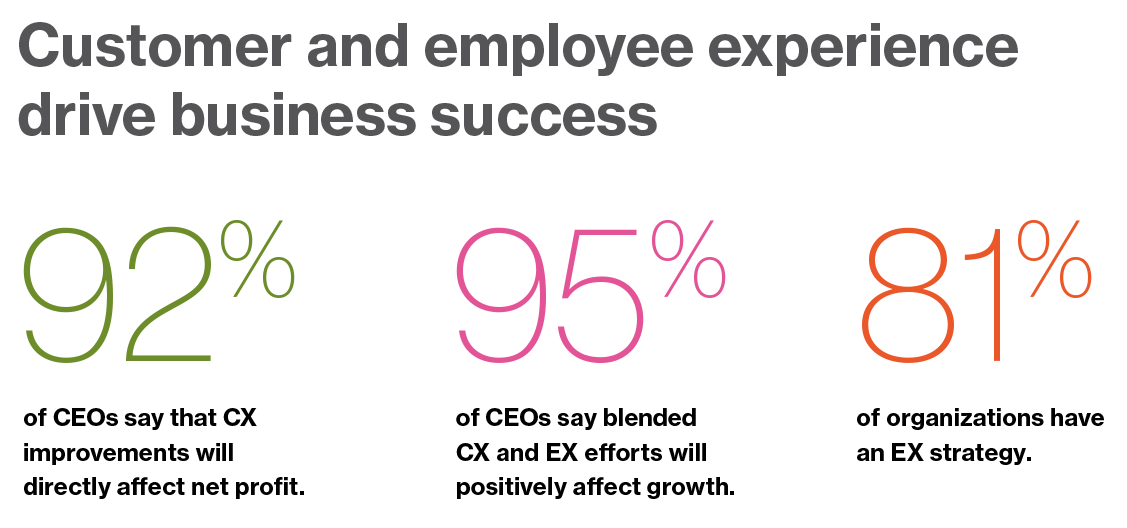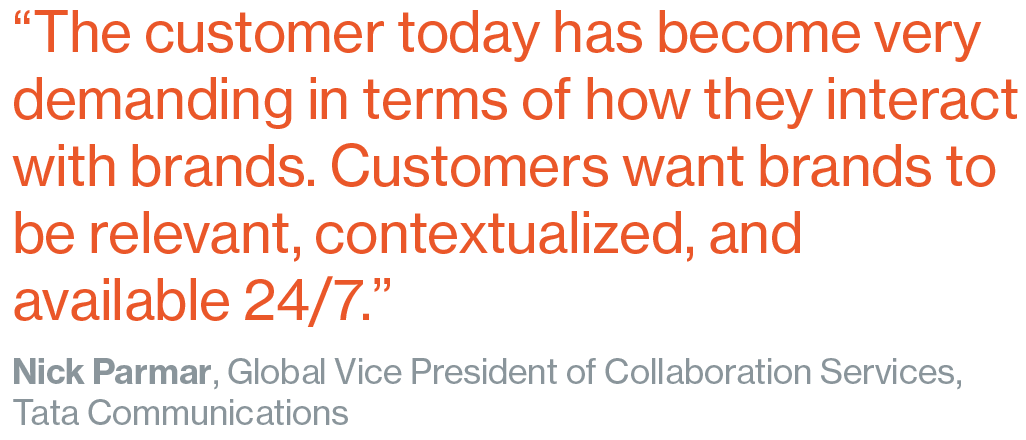Customer experience (CX) is a leading driver of brand loyalty and organizational performance. According to NTT’s State of CX 2023 report, 92% of CEOs believe improvements in CX directly impact their improved productivity, and customer brand advocacy. They also recognize that the quality of their employee experience (EX) is critical to success. The real potential for transforming business, according to 95% of CEOs, is bringing customer and employee experience improvements together into one end-to-end strategy. This, they anticipate, will deliver revenue growth, business agility, and resilience.
To succeed, organizations need to reimagine what’s possible with customer and employee experience and understand horizon trends that will affect their business. This MIT Technology Review Insights report explores the strategies and technologies that will transform customer experience and contact center employee experience in the years ahead. It is based on nearly two dozen interviews with customer experience leaders, conducted between December 2022 and April 2023. The interviews explored the future of customer experience and employee experience and the role of the contact center as a strategic driver of business value.
The main findings of this report are as follows:
- Richly contextualized experiences will create mutual value for customers and brands. Organizations will grow long-term loyalty by intelligently using customer data to contextualize every interaction. They’ll gather data that serves a meaningful purpose past the point of sale, and then use that information to deliver future experiences that are more personalized than any competitor could provide. The value of data sharing will be evident to the customer, building trust and securing the relationship between individual and brand.

- Brands will view every touchpoint as a relationship-building opportunity. Rather than view customer interactions as queries to be resolved as quickly and efficiently as possible, brands will increasingly view every touchpoint as an opportunity to deepen the relationship and grow lifetime value. Organizations will proactively share knowledge and anticipate customer issues; they’ll become trusted advisors and advocate on behalf of the customer. Both digital and human engagement will be critical to building loyal ongoing relationships.
- AI will create a predictive “world without questions.” In the future, brands will have to fulfill customer needs preemptively, using contextual and real-time data to reduce or eliminate the need to ask repetitive questions. Surveys will also become less relevant, as sentiment analysis and generative AI provide deep insights into the quality of customer experiences and areas for improvement. Leading organizations will develop robust AI roadmaps that include conversational, generative, and predictive AI across both the customer and employee experience.

- Work becomes personalized. Brands will recognize that humans have the same needs, whether as a customer or an employee. Those include being known, understood, and helped—in other words, treated with empathy. One size does not fit all, and leading organizations will empower employees to work in a way that meets their personal and professional objectives. Employees will have control over their hours and schedule; be routed interactions where they are best able to succeed; and receive personalized training and coaching recommendations. Their knowledge, experiences, and interests will benefit customers as they resolve complex issues, influence purchase decisions, or discuss shared values such as sustainability. This will increase engagement, reduce attrition, and manage costs.
- The contact center will be a hub for customer advocacy and engagement. Offering the richest sources of real-time customer data, the contact center becomes an organization’s eyes and ears to provide a single source of truth for customer insights. Having a complete perspective of experience across the entire journey, the contact center will increasingly advocate for the customer across the enterprise. For many organizations, the contact center is already an innovation test bed. This trend will accelerate, as technologies like generative AI rapidly find application across a variety of use cases to transform productivity and strategic decision-making.
This content was produced by Insights, the custom content arm of MIT Technology Review. It was not written by MIT Technology Review’s editorial staff.

